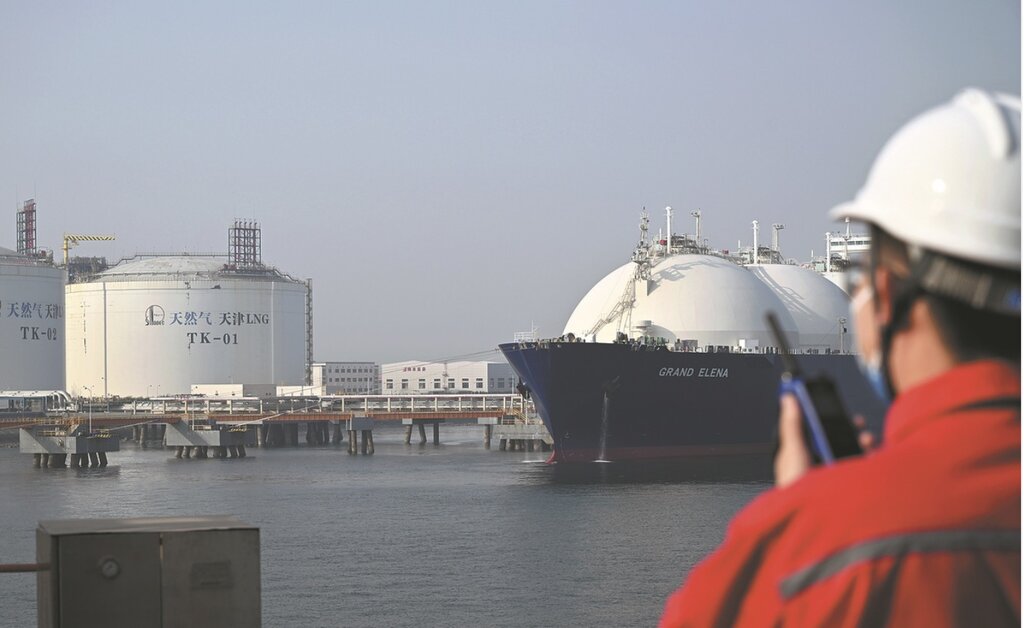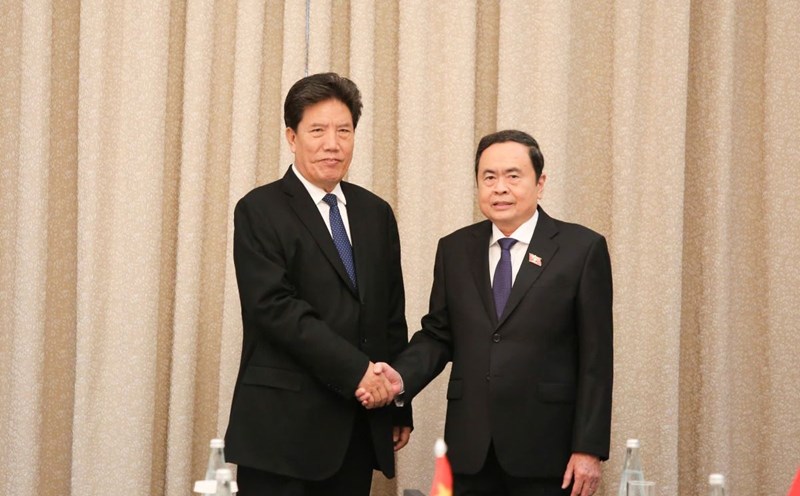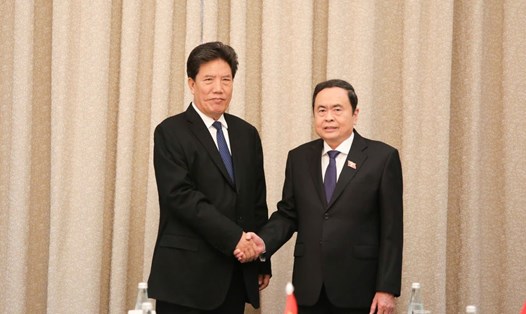China has not imported liquefied natural gas (LNG) from the US for 60 days - the longest import suspension period in the past 5 years - as relations between Beijing and Washington deteriorated, causing Chinese importers to shift their orders.
Kpler analytics company has been tracking transportation data and found that there are currently no US LNG shipments to China.
During Donald Trump's first term, China has not received any gas shipments from the US for about 400 days as of April 2020, according to Bloomberg's ship tracking data.
Wei Xiong, head of China's gas research division at Rystad Energy, said: "Zero-level LNG trade between China and the US is likely to continue for the rest of 2025, with China continuing to increase tariffs on US LNG from the previous 15% to 49%, as a counterattack to Mr Trump's strongest tax increase."
"During the waiting period, we expect more resell activities from Chinese companies," she added.
The current geopolitical conflict has begun to distance the relationship between the world's largest LNG supplier and buyer. Beijing imposed a 15% tariff on US LNG shipments from February 10 in response to the US tariffs.

Chinese buyers import LNG from the US under long-term contracts. The recent mild winter along with abundant inventories has helped China not really need LNG and traders in this country can flexibly resell LNG from the US to other customers in Europe and Asia.
This development is good news for Europe as the continent needs more LNG to add to gas reserves and compensate for the amount of gas previously imported from Russia via pipeline, Bloomberg said.
According to Reuters, the escalating trade war between the US and China has put US gas exporters in a difficult position as they are likely to lose their advantage in the world's fastest growing LNG market.
China's imposition of tariffs on US LNG will have a minimal impact on China's energy market, as US LNG accounts for only 5.5%, or 4.3 million tons, of China's total LNG imports in 2024.
But the impact of these developments on US gas exporters could be much greater if the tariffs continue to be maintained. Up to recently, Asia and especially China have been considered an important growth market for the growing LNG industry in the US.
According to Reuters calculations, Chinese importers are committed to purchasing nearly 20 million tons of LNG per year from existing and new US export port warehouses under contracts that typically last more than 20 years.
Such long-term contracts are important for US companies that seek funding for expensive LNG production facilities. The US-China trade war could reduce the need for Chinese companies to sign additional contracts.











